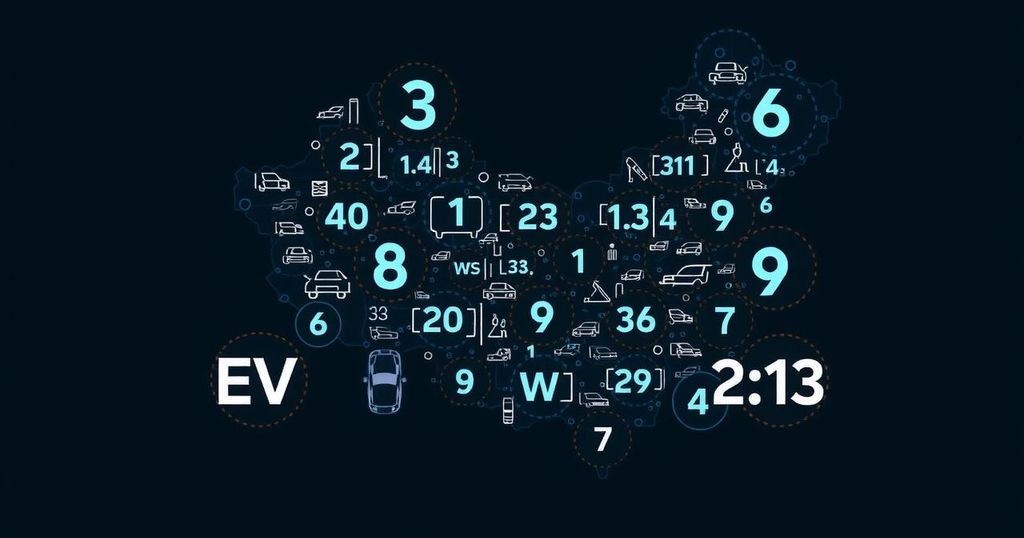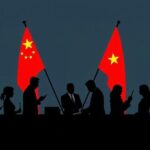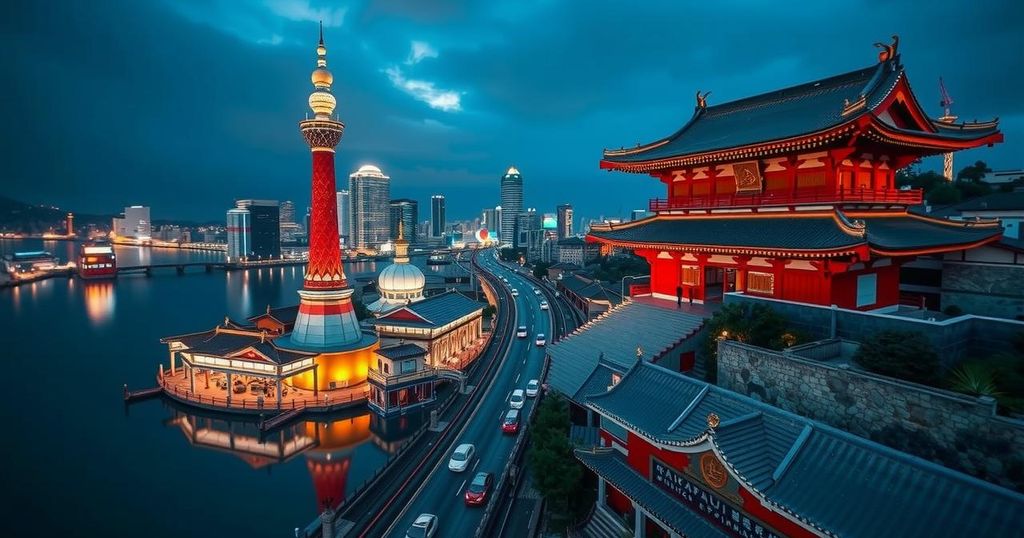China Restricts EV Investments Abroad to Protect Technology
Summary
China’s Ministry of Commerce has reportedly instructed automakers to avoid investments in India and focus on protecting EV technology by keeping production within China. The guidelines also promote exporting knock-down kits to bypass tariffs, allowing greater control over production processes despite growing overseas demand. Companies such as BYD and Chery are expanding into markets like Spain and Turkey while adhering to these directives.
In a significant development, China’s Ministry of Commerce reportedly convened a meeting in July with over a dozen Chinese automakers, advising them against pursuing any automotive investments in India. This information has been disclosed in a Bloomberg report and is part of Beijing’s broader strategy to protect its electric vehicle (EV) sector’s proprietary technologies while navigating the complexities of global expansion. The Ministry emphasized the necessity for these automakers to safeguard their advanced EV technologies by retaining essential production activities within China, despite the rising foreign demand for such vehicles. Moreover, during the meeting, the companies were encouraged to consider exporting ‘knock-down kits’—comprising vehicle components manufactured in China that can be assembled overseas. This tactic enables them to bypass tariffs applicable to Chinese-made electric vehicles while still overseeing critical aspects of production. Major firms like BYD Co. and Chery Automobile Co. are already advancing plans to establish factories in various countries, including Spain, Thailand, and Hungary; however, the priority remains on ensuring that vital technological assets remain within Chinese borders. The restrictions on investments are not limited to India but also extend to other nations, such as Turkey, where automakers have been instructed to inform China’s Ministry of Industry and Information Technology prior to making any investment decisions. While these guidelines emerge amidst a conscious effort from Chinese car manufacturers to internationalize their operations in light of tariff pressures, they simultaneously face mounting competition and a deceleration in domestic sales. Preserving production within China may, however, complicate their aspirations for expansion, particularly in European markets that are keen on attracting Chinese investments for economic development and job creation. For instance, BYD is set to construct a factory in Turkey with an anticipated output capacity of 150,000 vehicles, and Chery Automated is forming a partnership in Spain to rejuvenate a previously operational Nissan facility. These initiatives reflect a broader strategy by Chinese automakers seeking to cultivate a substantial operational footprint in pivotal international markets.
The directive from China’s Ministry of Commerce highlights a strategic maneuver to bolster the safeguarding of China’s advanced electric vehicle (EV) technology, indicating a cautious approach as Chinese automakers navigate increased global demand and regulatory challenges. The push against investments in India and other countries symbolizes a calculated effort to mitigate risks associated with technology transfer and maintain control over production processes in the face of intense market competition and domestic sales challenges.
In summary, China’s Ministry of Commerce is proactively guiding major automakers to restrain foreign investments, particularly in India, to protect critical EV technologies while maintaining production within its borders. This strategy aims to balance the need for global market presence with the imperative to safeguard proprietary advancements in the face of a competitive international automotive landscape.
Original Source: www.businesstoday.in







Post Comment